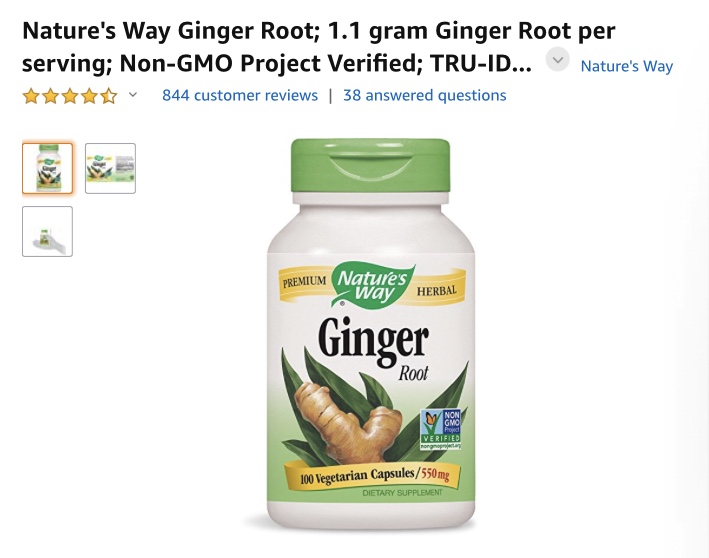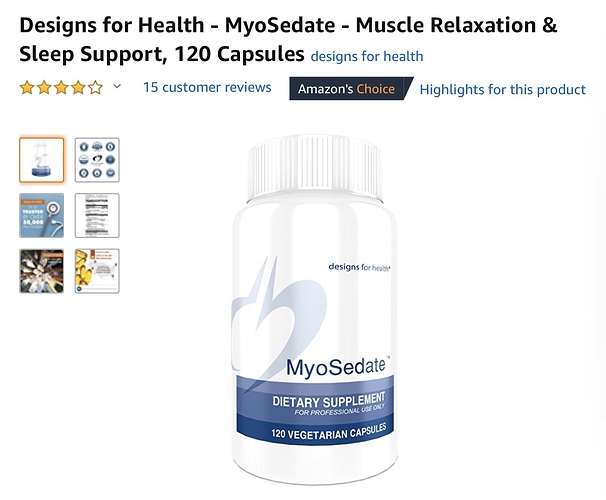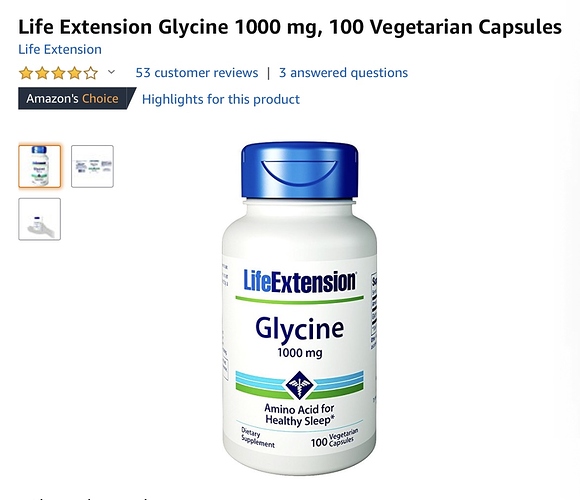So, I’ve been in and out of Keto probably for the last 8 months. The ‘Out’ part occurs because once I can tell I’m firmly in Ketosis, my ability to sleep declines drastically. I eventually break and eat carbs out of sheer insomnia exhaustion. I’ve been in Keto for the last almost-month and it’s the same: I cannot sleep. Here’s a list of what I’ve tried:
- Magnesium, Potassium, L-tryptophan supplements before bed.
- Niacin.
- Exercise
- Ramping up the greens I eat to the maximum macros.
- Increasing Mag, potassium, salt, water.
- Increasing fat.
- Increasing overall calories.
- Increasing protein.
- Blue-light blocker glasses for screen-time.
- Eliminating caffiene
- More sunlight during the day
- Eliminating all dairy
So far, no success. Some nights I get a few hours sleep more than most which helps me to sludge through, but for the most part it’s averaging around four or five hours per night. I can tell my cortisol is high when I am sleep deprived because I just want to eat anything.
I’m not eating at a caloric deficit primarily for this reason; the cortisol drives me to want to eat, even if I feel the hunger satiating ketones. It’s weird. I’m at a healthy weight, although I would like to lose the last 30 lbs I’ve been carrying for the last 3 years. But I keep plugging at Keto because the benefits have been life-changing. Here’s the benefits list!
- Energy. Yes, we all know this one.
- Sinuses have cleared up! For someone who used to take an allergy pill almost _every single day_emphasized text__and STILL suffer from chronic nose-blowing and routine sinus-infections…this is nothing short of miraculous.
- Acne is suddenly gone. Like, I’m in my 40s and have had acne my whole life. Now? Nothing.
- I’ve saved the best for last. Debilitating depression/anxiety is greatly, greatly lessened. Again, let me emphasize the miraculous aspect. I’ve stopped taking any anti-depressants two weeks ago and it’s fine. Like so so fine. I’m not dancing on rainbows, but I’m not also hoping the semi will swerve across the yellow lines and take me out. I couldn’t have even believed this was possible before.
Which is why I’m so reluctant to get off Keto, even with the rough sleep issues. I’ve watched several youtube videos on the topic and suggestions are mostly encompassed in the list of ‘tried it’ above. My last vain hope is that my body just needs time to reach homeostasis, and staying on Keto will eventually right the ship. I have melasma on my face, which means something hormone-wise is off-kilter, but doctors have zero idea how to fix this, or what might be wrong.
If anyone read all this and has any other ideas, I’d LOVE to hear them! No one’s body can completely heal from inflammation without proper sleep; there must be a fix…







